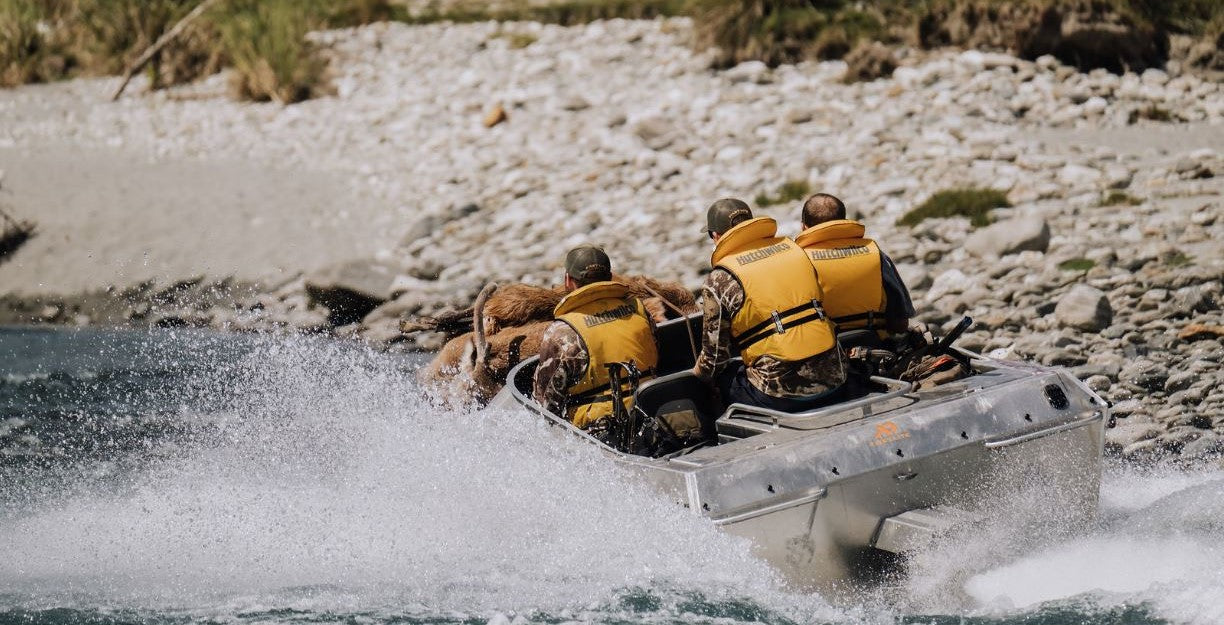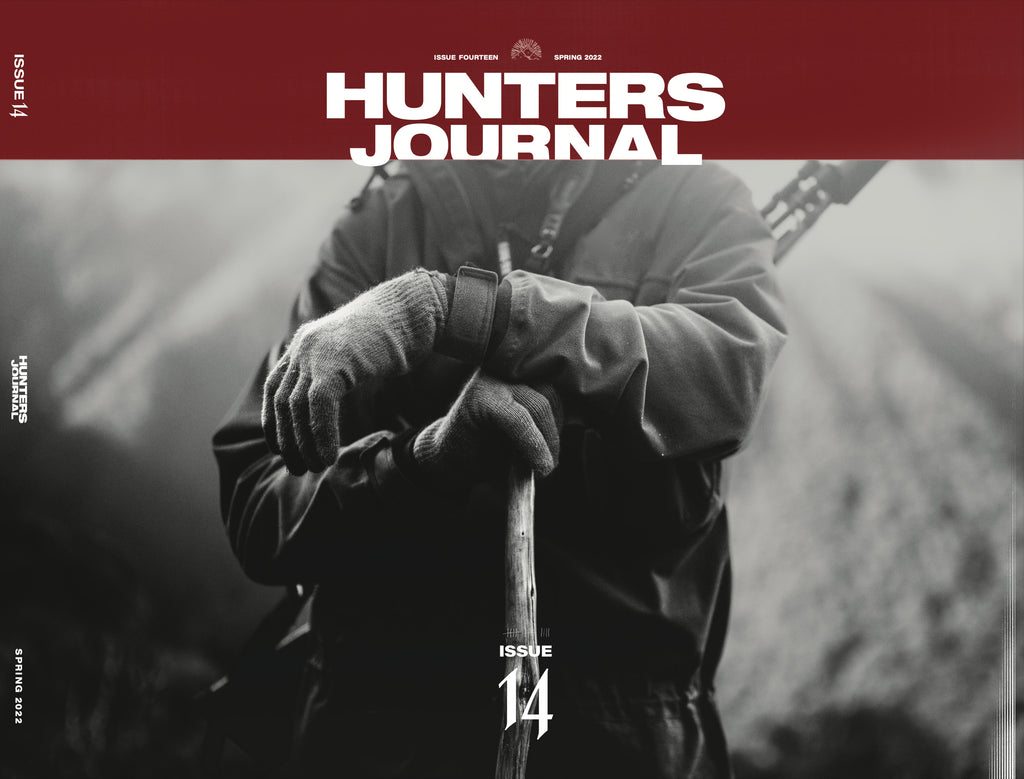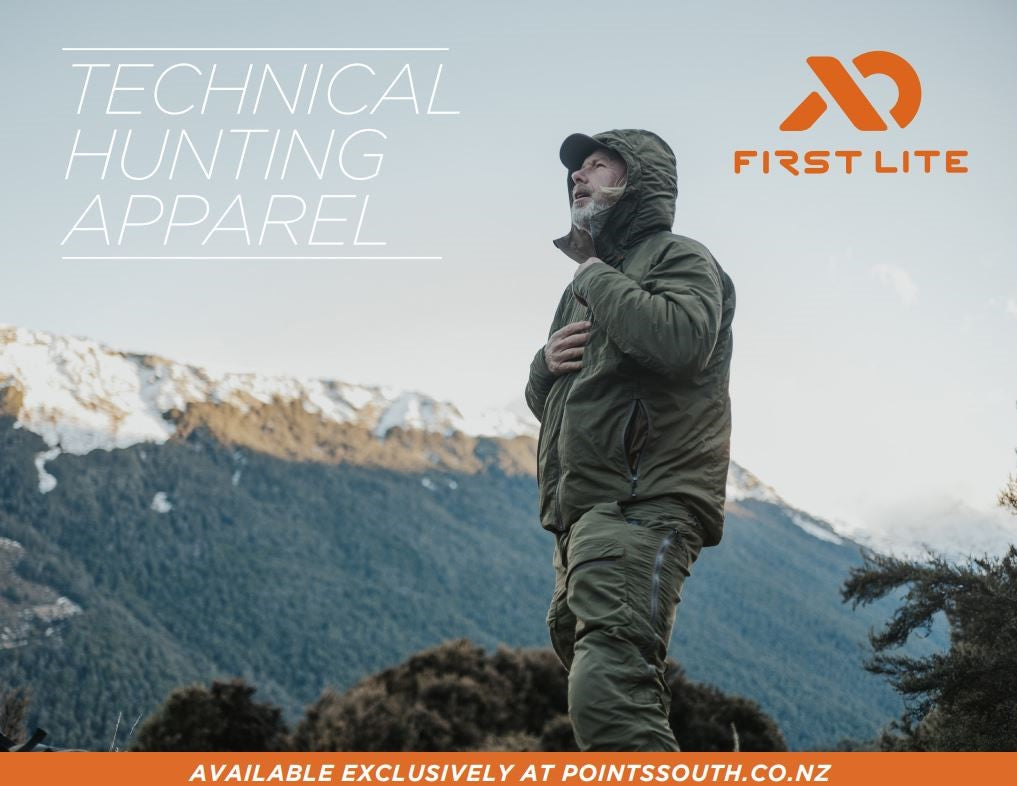We’ve all heard the rhetoric “having a firearm is a privilege not a right” and personally I don’t entirely disagree with that statement. By now we are also no doubt well versed in the unintended consequences of the law changes this hapless government seems to keep ramming down our throats.
Due to recent legislative changes what is now quite true is the fact that we as firearms license holders are held to a much higher standard than the general public, in fact holders now have less rights and privileges than the rest of the population. For example, the general public has a right to doctor/patient confidentiality, which is now something we don’t have as FAL holders; I’ll explain more on this shortly.
Is this important? Does this make us or anyone else safer?
Well, the following is a true story of what a close friend of mine experienced recently. After reading it, please ask yourself the above questions again.
Bob (clearly not his real name) is a professional hunting guide of many years and works in both New Zealand and North America. He went to his General Practitioner (GP) and at the end of his visit said he was feeling a bit anxious and overwhelmed and asked if he could be referred to a phycologist as he thought it could be helpful to talk to someone about it.
Nowadays because of these law changes, when we go to the GP it’s stamped pretty loudly on your file if you have a firearms license, and it is at your GP’s discretion to raise any concerns with the police they might have with you having firearms.
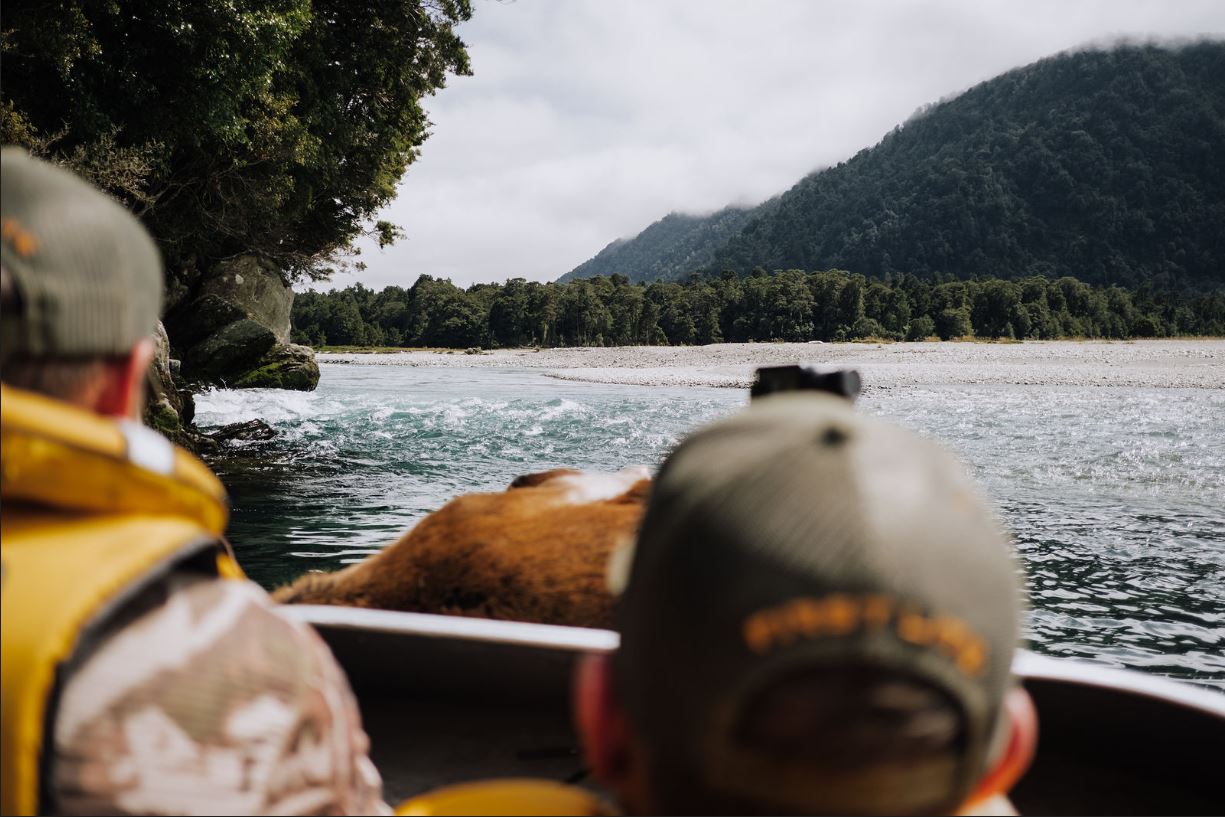
Image @The Hunters Journal
Bob got his referral, but the next day the police showed up and took his license and all his firearms. The officers were so well versed with firearms that one of them asked if his 7mm Rem Mag was a shotgun and had to ask how to open the bolt!
So now Bob, for trying to do the right thing and ask for help, has just had his livelihood, recreation and passion taken away from him. If he was feeling anxious and overwhelmed enough to ask for a hand before, now it’s just gone to a whole new level.
Engaging the services of a good lawyer and spending about $15k he thankfully got his license back, albeit about a year later. However, the true cost was his loss of income and what the whole situation did to his mental health in the meantime.
As a firearms license holder, if your FAL is revoked this has serious repercussions under the Firearms Act 1983. It means that you simply cannot touch a firearm, and you would be breaking the law even using one under the supervision of a current license holder. This effectively results in a previous fit and proper person being treated worse, and losing another privilege the general public enjoys.
So, during this time Bob was unable to hunt with mates “supervising” him and felt unable to talk to anyone about things, other than his employer and close friends and family whom he trusted. Bob resorted to taking off on big walk-in missions armed only with his camera just to clear his head.
This whole scenario raises a bunch of questions:
Can you trust your GP?
Do you know your GP’s attitude to firearms?
What can you openly discuss with them without fear or unsubstantiated repercussions?
In the police guidelines for GP’s it pretty clearly aims to influence GP’s with statements such as: “Decisions to notify are often complex and guidance should always be sought from the health practitioner’s insurer or indemnifier in such circumstances”
“Part of the legislation change is that health professionals must consider notifying Police if they have a patient who they believe to be a firearms license holder and their medical condition is such that in the interests of their, or other’s safety, the GP believes the license holder should not be permitted to use or possess a firearm”
Quite clearly with statements such as the above, these decisions are going to vary, based on the individual GP’s attitude to firearms in general, any preconceptions they have around firearms or even their attitude to hunting in general. These health professionals and the population in general is becoming increasingly more urbanized, and with it increasingly less understanding of the legitimate use of firearms. Also, these health professionals could even be from another country with really low tolerances to firearms. So, is it then appropriate that these health professionals can apply their own personal thoughts and interpretations to actions then requiring police intervention?
Bob wanted this story told so that it could be a heads up for the rest of the hunting community, and I take my hat off to him for having that attitude. He is concerned that in this day and age of encouraging people to talk about mental health, and particularly in the rural sector (most of which are license holders), that the loss of doctor/patient confidentiality is actually stopping people from talking and asking for help.
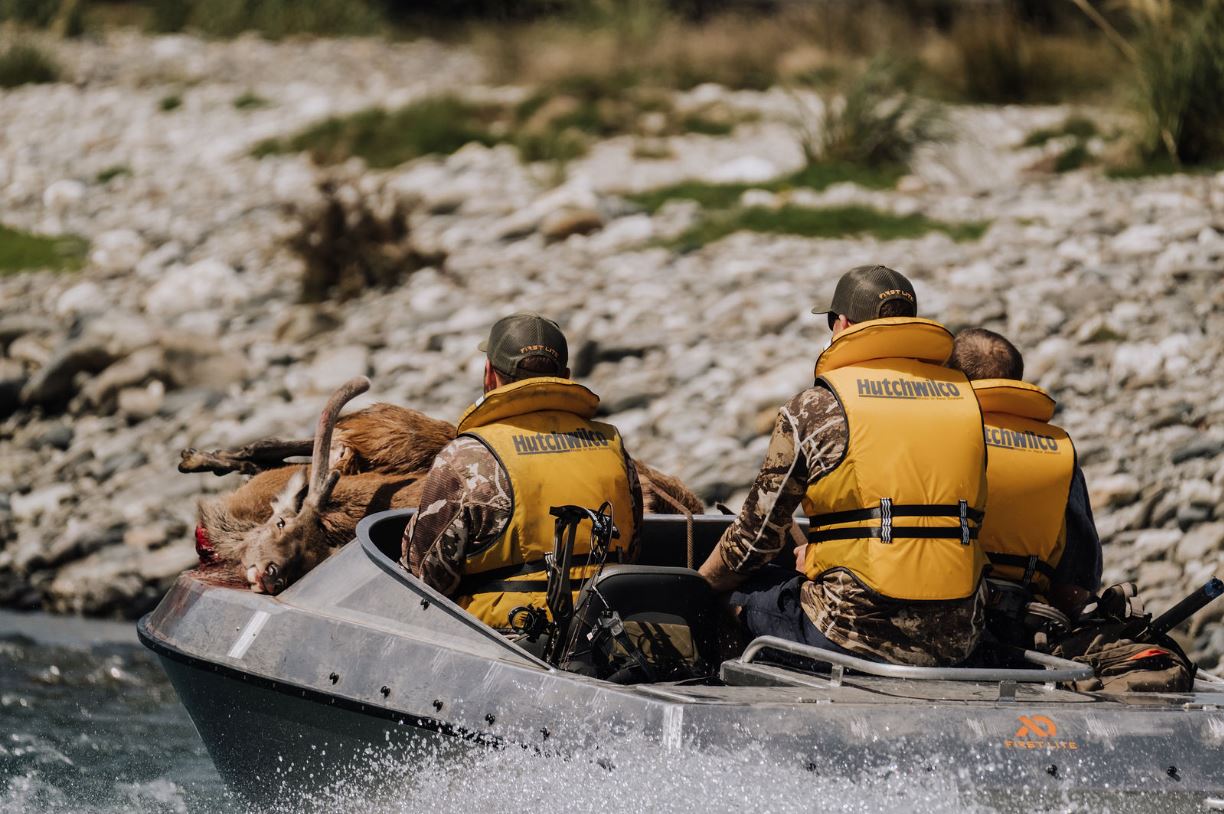
Image @ The Hunters Journal
With 250,000 firearms license holders in New Zealand, it’s fair to say we like our hunting and shooting sports. Our motivations will vary, but I’d say for most of us it’s because it motivates us to get out into the mountains or into the duck blind, which then serves as detaching from the daily grind and giving that mental reset. Or perhaps you're like Bob or even myself where it’s fundamental to both recreation and your livelihood. Either way it’s clearly obvious that getting out there and enjoying your recreation or helping others enjoy theirs, provides some tangible mental and physical health benefits.
Personally, from now on when I do need to visit a GP for whatever reason, out of principle I’ll be requesting to see only a GP who holds a firearms license. Otherwise, how can I be sure I’m not dealing with someone who has an irrational fear of firearms.
If I do get to a point in life where I feel I need to use the services of a psychologist, I’ll be bypassing the GP and booking with them directly. Because at the end of the day they are the professionals in mental health, and your GP is just that – a general practitioner. Psychologists being health professionals are also bound by these same washy rules that a GP is, so you might even want to consider a similar approach as I will now be taking with GP’s.
But regardless of all the above, and despite Bob's experience, the most important thing is to still be asking for a hand when you need one. Do it sooner rather than later and be proactive about managing your mental and physical health. Being proactive and talking to the likes of a psychologist is a completely normal thing, and as a community we should all be encouraging and normalizing this as much as we can.
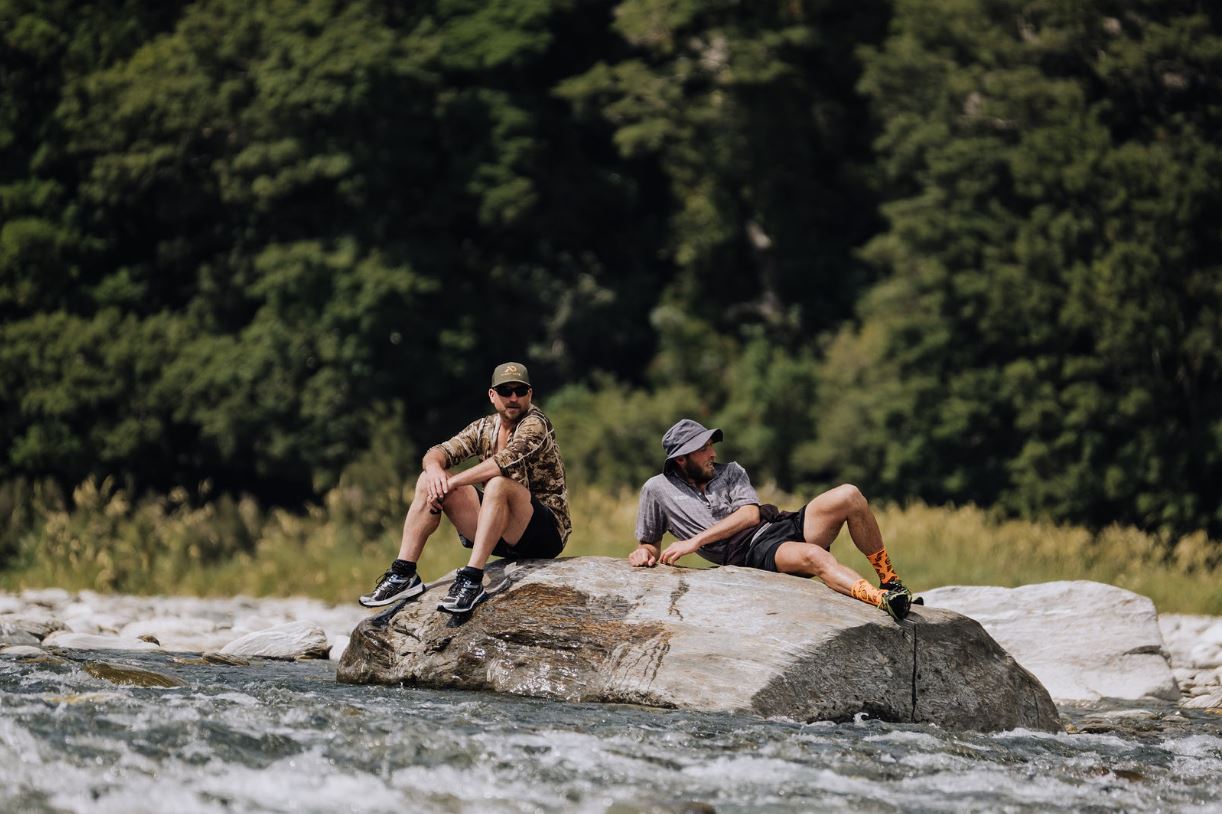
Image @ The Hunters Journal
Now I’m in no way promoting any particular political party, but Nicole McKee who is a current ACT party MP was kind enough to provide some comments, and with her former role being at COLFO (Council Of Licensed Firearms Owners) she was an obvious person to ask. She says that “at ACT we have heard many stories of Police AOS turning up to remove firearms from a licensed firearms owner (LFO) because they sought mental health help from their GP”.
And thinks that “Suggestions of vetting your GP and changing your Doctor if you find one that is not respectful of your personal interests are easier said than done with many GPs in cities not taking on new clients due to being overloaded with new patients. In smaller towns there might be only one doctor to choose from. This is not helped with the current shortage of doctors. Finding a GP that has a healthy respect for you and your needs rather than a fear of the unknown consequences is a good starting point if you can. And she is also mindful that many who live in rural communities where there is a high portion of firearms ownership, are unable to secure a permanent GP due to locality. There simply is not a GP to be named on Police forms because the doctors that visit these areas are locums and vary with each visit.
Back in the good old days, when communities were involved in firearms licencing and training, when the relationship between the firearms community and Police was strong and respectful we did not experience the concerns that are now seemingly expected from owning a firearm.
The reality is though, that the times have changed and with it so has the law. As some of the most continuously vetted people in the country we will, by nature, remain law abiding. That is why we have been declared fit and proper in the eyes of New Zealand Police.
What is important for us all is to seek help when we need it. We are experiencing a cost of living crisis, small business is being slammed by an unappreciative Government, firearm owners are the scapegoat for a poorly administered firearms system, it’s no wonder many of us are feeling the effects of these and other close to home issues.
She expects that ACTs policy on creating a Mental Health Authority separate from DHBs will assist those desperately needing assistance, without fear. Importantly ACT’s commitment to writing a new Arms Act will remove this burden from GPs and allow LFOs the confidence to seek help.
Look after your mates, look after your firearms license, and ask for help when you need to. Just be careful who you ask.
This article was originally produced for The Hunters Journal, you can grab a subscription here


